Rasha Kaloti Highlights the Determinants of Health in Conflict Settings

An overview of the main socio-political determinants of health, based on Sumood’s coverage of various health areas from conflict settings in the Arab region
HPHR Fellows Interview Anthony S. Fauci, MD, Chief Medical Advisor to the President & NIAID Director
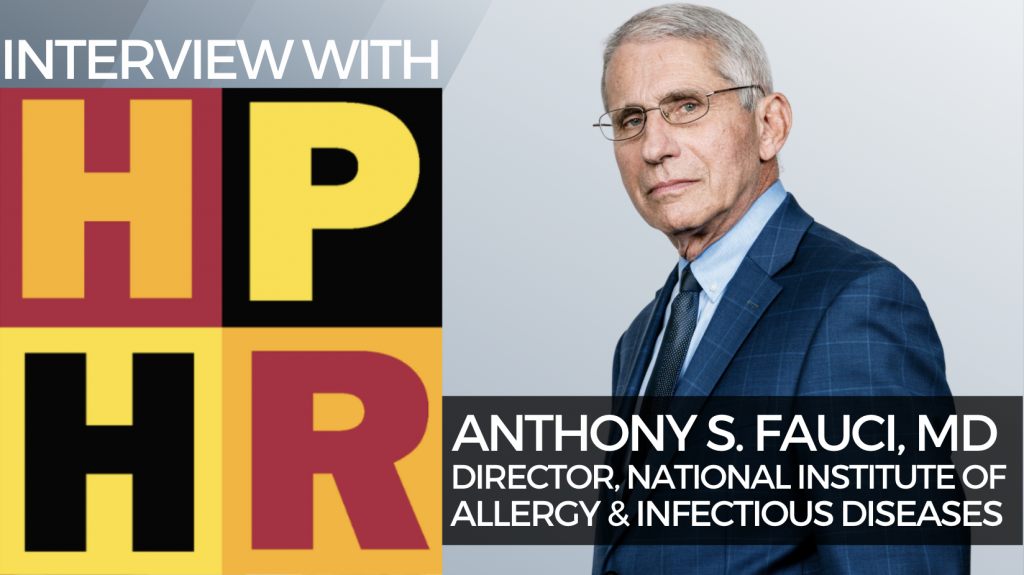
Special Interview withAnthony S. Fauci, MD Conducted by HPHR Fellows Alumni Ryan Sutherland, MPH and Javaid Iqbal, MPSS (l-r) HPHR Fellows Interview Anthony S. Fauci, MD, Chief Medical Advisor to the President & NIAID Director HPHR Fellows Ryan Sutherland and Javaid Iqbal recently met with Dr. Anthony Fauci, Chief Medical Advisor to the President and Director […]
Ryan Sutherland, MPH, and Nur Afiaty Investigate the Spread of COVID-19 and Misinformation in Indonesia
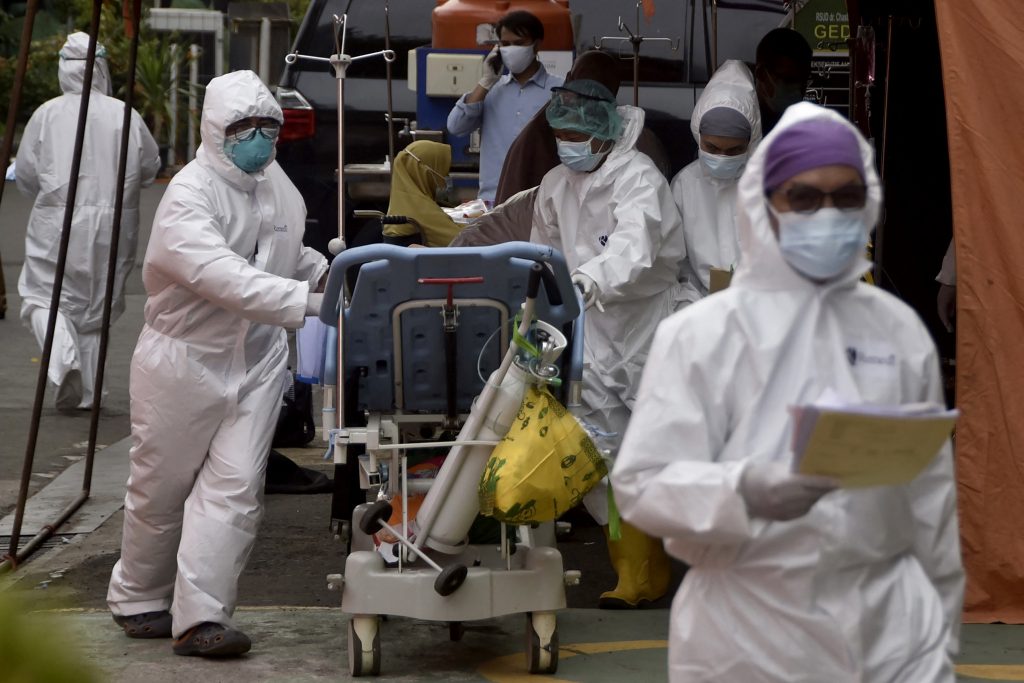
As the world’s fourth most populated country with a population that exceeds 270 million, Indonesia has reported over 2.7 million COVID-19 infections. Recent surges have exposed the vulnerability of the Indonesian healthcare system, overwhelming overburdened medical facilities. Will Indonesia become the next global epicenter for the virus, replacing India and Brazil?
Ryan Sutherland, MPH, and Rohingya Refugee, Journalist, and Activist JN Joniad Discuss the Refugee Mental Health Crisis
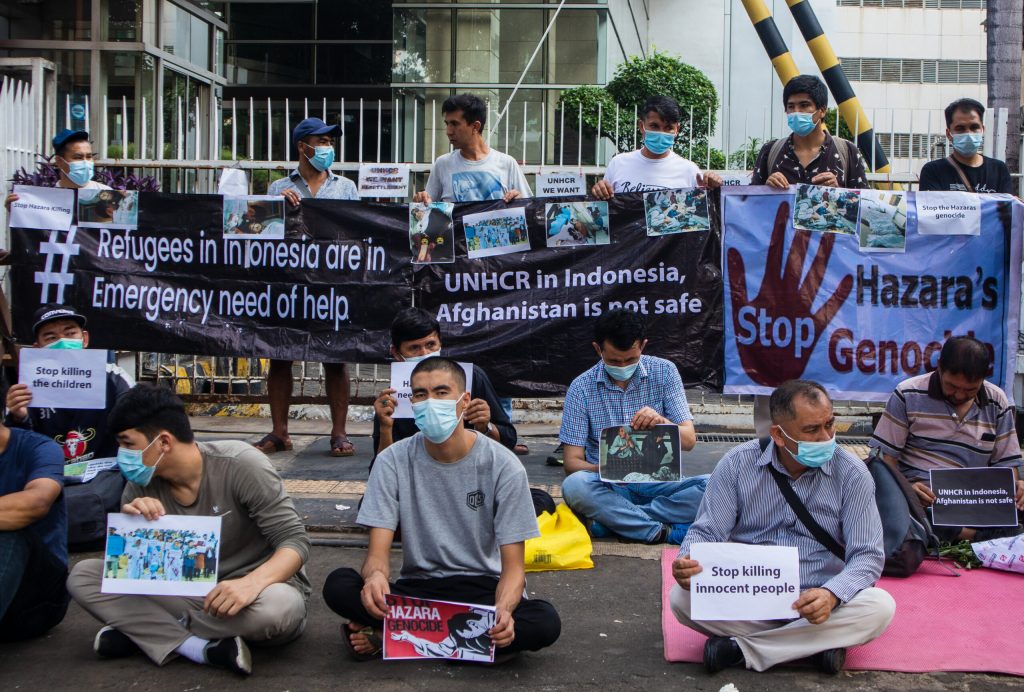
“We are not afraid to die because we have already lost our future. We are sick physically and mentally.” The denial of basic rights, the uncertainty of resettlement to third countries, strict deterrence policies, and the global COVID-19 pandemic have further exacerbated pre-existing mental-health conditions among refugees.
Ryan Sutherland, MPH, and the Dahuni Foundation address cyberbullying, a global public health problem

Defined by the American Psychological Association as a “form of aggressive behavior in which someone intentionally and repeatedly causes another person injury or discomfort,” bullying is a widespread social problem and represents an overlooked area of public health. Social media and access to internet-connecting devices undoubtedly expose children to cyberbullying and cyber harm. What are steps we can take to address this global public health problem?
“We Need to Fight for Decriminalization”: Ryan Sutherland, MPH, interviews Beatrice Codianni, Founder and Executive Director of Sex Workers and Allies Network (SWAN), inspiration for “Esposito” of “Orange is the New Black” — Part 4 of 4
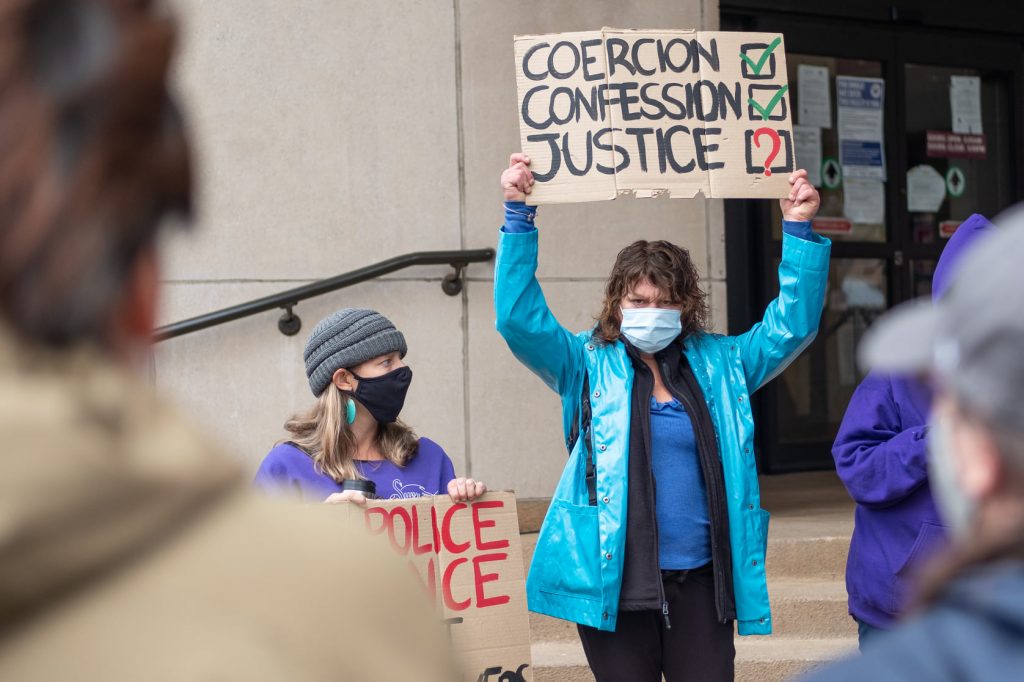
“…we need to decriminalize sex work and get people away from the idea that by arresting people it’s going to solve the problem. It’s not, ever. It never has and never will.”
“Ask Them What They Need”: Ryan Sutherland, MPH, interviews Beatrice Codianni, Founder and Executive Director of Sex Workers and Allies Network (SWAN), inspiration for “Esposito” of “Orange is the New Black” — Part 3 of 4
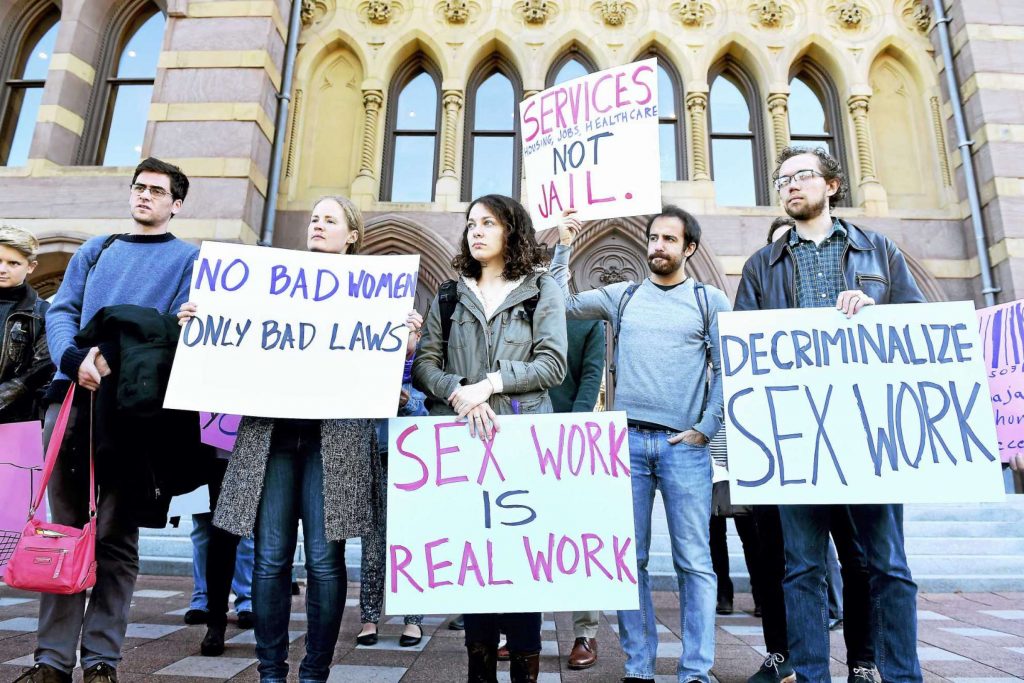
“…harm reduction is talking to people, finding out their needs, treating them with respect and dignity and fighting like hell for them against whoever’s trying to bring them down.”
“It’s Just a Revolving Door”: Ryan Sutherland, MPH, interviews Beatrice Codianni, Founder and Executive Director of Sex Workers and Allies Network (SWAN), inspiration for “Esposito” of “Orange is the New Black” — Part 2 of 4
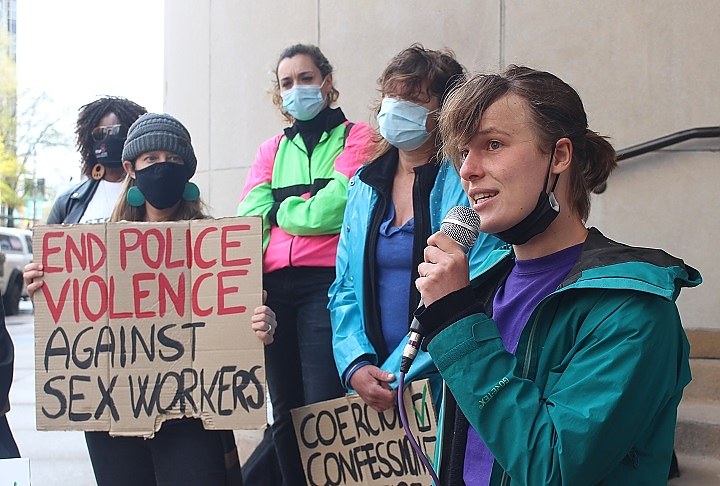
“…If you’re serious about helping someone, get out of your office and go see where they live. See how it is on the street.”
“Support, Not Stigma”: Ryan Sutherland, MPH, interviews Beatrice Codianni, Founder and Executive Director of Sex Workers and Allies Network (SWAN), inspiration for “Esposito” of “Orange is the New Black” — Part 1 of 4
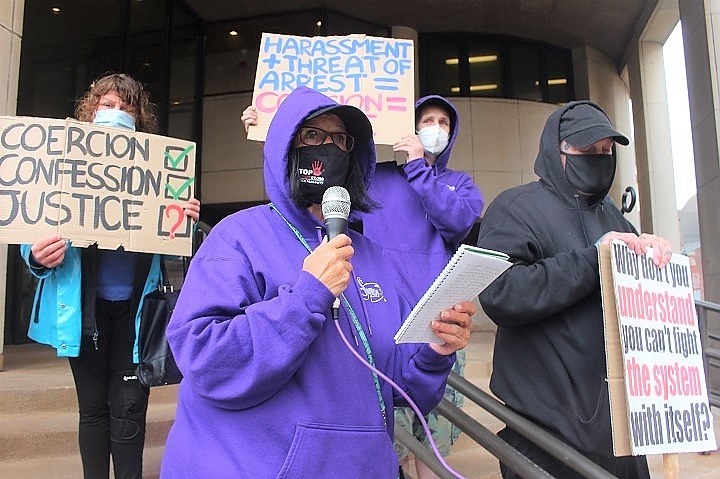
“…Our members do not feel safe talking to the police if they were raped, and with good reason. A couple of them told us that when they approached a police officer, their usual response was, ‘Well what do you expect? Look who you are, look where you are. And besides, prostitutes can’t get raped.'”
Ryan Sutherland, MPH, investigates restrictions on blood donation for men who have sex with men
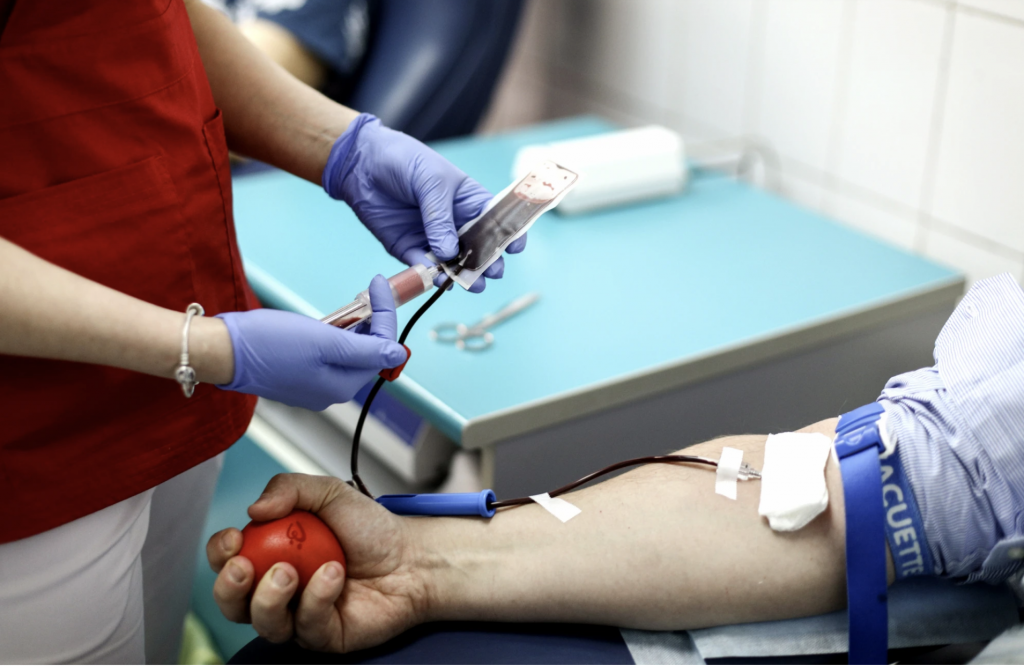
Since the 1980s, the U.S. Food and Drug Administration (FDA) has maintained restrictive policies preventing men who have sex with men (MSM) from donating blood. Are these restrictions discriminatory or based on science?

